Menopause Symptoms – Severe PMS
What causes severe PMS?
Premenstrual dysphoric disorder (PMDD) takes the discomforts associated with menstruation to an entirely different level, impacting both physical and emotional states severely enough to interfere with daily activities and impact daily functioning. PMDD differs significantly from regular PMS in that it can lead to intense mood swings, depression, irritability and anxiety that often seem overpowering. Research suggests this disorder might be connected with hormonal fluctuations during menstruation cycles, causing hormonal responses within your body that erupt through menstrual cycles. Though its precise cause remains elusive, researchers believe those dealing with PMDD have an abnormal reaction to hormone fluctuations, which naturally take place. This sensitivity can result in both neurological and psychological consequences that worsen just before menstruation begins. Physical symptoms might include joint/muscle pain, headaches, and fatigue, which often increase with the beginning of every premenstrual period.
Addressing PMDD often requires taking an integrated approach. Lifestyle modifications like regular exercise, eating a protein-rich diet with limited sugar intake and getting sufficient sleep may all help alleviate some physical and psychological symptoms associated with PMDD. Stress-management techniques such as yoga, meditation or cognitive behavioural therapy may also prove helpful for controlling PMDD-related emotional swings. Healthcare providers may prescribe hormonal therapy treatmanents such as bio-identical hormone therapy treatment to those whose daily lives have become severely disrupted in order to help regulate hormonal imbalances and restore balance in hormone production and balance. Experienced PMDD symptoms should seek advice from healthcare providers in order to explore all available treatments and select one which works for them specifically. Every woman’s journey with PMDD varies, and thus, finding therapies which enhance her quality of life could take time and patience – but finding what works can lead to lasting relief from symptoms.

Symptoms of Severe PMS
When women are suffering from severe PMS, their symptoms are different because in addition to feeling bloated, breast tenderness, fatigue, sleep changes, and eating changes, she feels disruptful psychological symptoms including:
- Anger
- Anxiety
- Extreme moodiness
- Hopelessness
- Irritability
- Sadness
- Tension
The exact cause of severe PMS is not known, but it does have a link to a woman’s hormonal imbalances in relation to her menstrual cycle. When women experience a decline in her levels of serotonin, the belief is that symptoms of severe PMS will emerge. Serotonin is the brain hormone responsible for transmitting nerve signals. Women who have a family history of depression and (or) postpartum depression have a higher factor for developing severe PMS.
Symptoms of Severe PMS
Women who are experiencing severe PMS should have a discussion with their doctor immediately. Initially, they may receive recommendations regarding stress management, dietary changes, engaging in regular exercise, taking anti-inflammatory medicines, and introducing vitamins into their daily routines.
Hormone therapy with NuFemme Medical is a safe and powerful option that can help you get back control over your body. Contact a NuFemme medical provider today to learn more about how the benefits of a customized hormone-balancing plan that can help you safely and effectively relieve severe PMS symptoms.

Recognizing Severe PMS Symptoms
Living with PMDD can be extremely trying; its effects range from personal relationships and professional environments all the way through to altering personality traits and overall health. If mood swings, cramping and extreme fatigue become regular features in your monthly cycle, it is highly advised that professional advice be sought immediately.
Adopting a holistic lifestyle can help alleviate symptoms associated with PMDD. Meditation practices such as mindfulness have proven invaluable in alleviating psychological strain associated with this disorder; increasing protein and decreasing sugar consumption are also great ways of quickly restoring energy and mood balance, while regular physical exercise has proven itself as an invaluable means for keeping hormone levels even and relieving stress.
Genetic Factors in PMDD
Recent studies are beginning to shed light on how genetics may play an integral part in PMDD – an especially challenging type of PMS. Scientists have discovered that certain genes differ between women with PMDD and those without it when it comes to how their cells handle hormones like estrogen and progesterone; this could explain why certain women experience more intense symptoms from it than others. Understanding more of these genetic links could allow specialists to tailor treatments specifically personalized for you or even stop symptoms before they worsen over time; with increased ease in testing genes, we might even detect PMDD early enough and treat it immediately and stop symptoms before worsening further down the road!
Nutritional Interventions on PMDD
General tips like eating more protein and cutting back on sugar may not be sufficient – specific nutrients like magnesium have shown particular promise in aiding mood elevation and helping with bloat relief. Vitamin B6 can help produce serotonin, an important brain chemical that boosts mood and keeps emotional swings under control. Omega-3 fatty acids also work wonders by fighting inflammation and aiding in keeping emotions stable. The addition of essential nutrients or taking nutritional supplements can be very helpful, complementing other treatments like bio-identical hormone therapy treatment you might be trying.
Bio-Identical Hormone Therapy Treatment for PMDD
Hormone therapy could provide the solution when traditional PMS treatments don’t. With tailored hormone-balancing therapies tailored specifically for you, NuFemme offers personalized hormonal balancing therapies designed specifically to address PMS symptoms when standard medications don’t provide relief.
NuFemme Medical’s staff of professionals is committed to helping you regain control of your life through tailored hormone therapy solutions that offer lasting relief. Don’t settle for one-size-fits-all solutions; our dedicated team works closely with each of our clients to monitor progress and adapt treatments accordingly for maximum efficacy.

Taking the 1st Step
the latest in Women's Health
Our experienced medical staff will help guide and choose the optimal treatment you deserve. Our approach is comprehensive, confidential, and in a short time you will look, feel, and perform at your best.
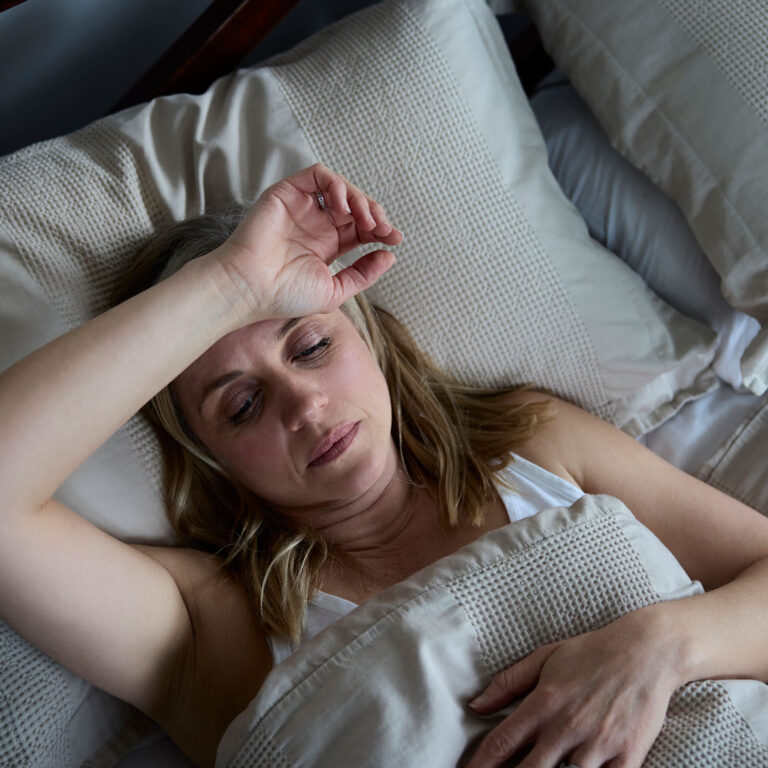
Menopause
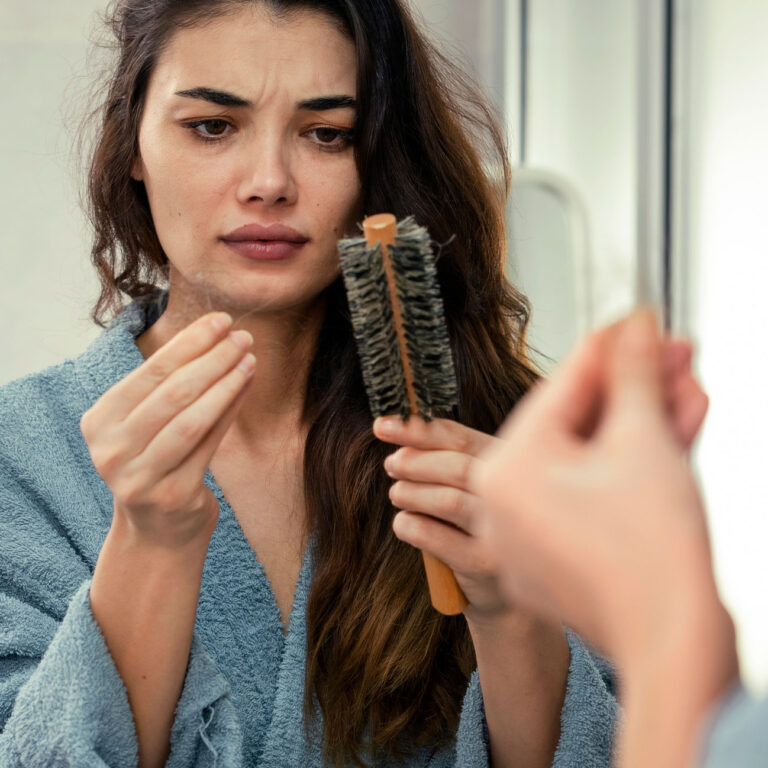
Hair Loss
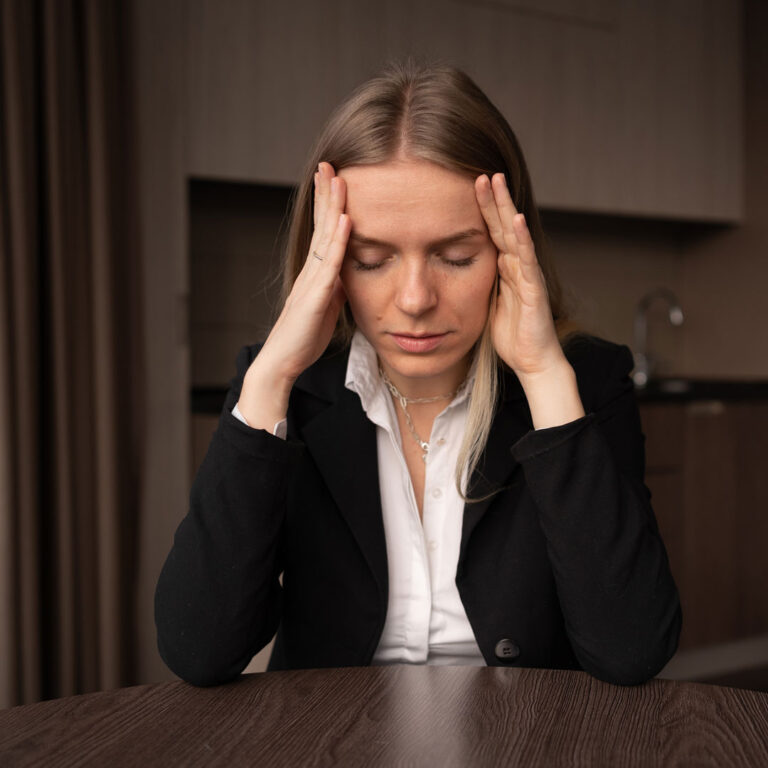
Severe PMS
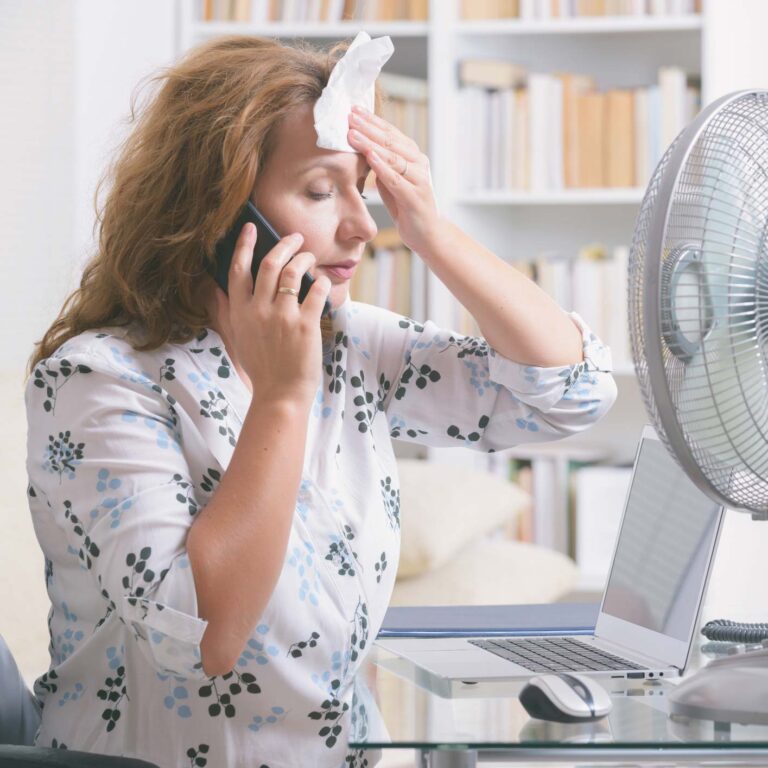
Hot Flashes

Weight Gain

Insomnia
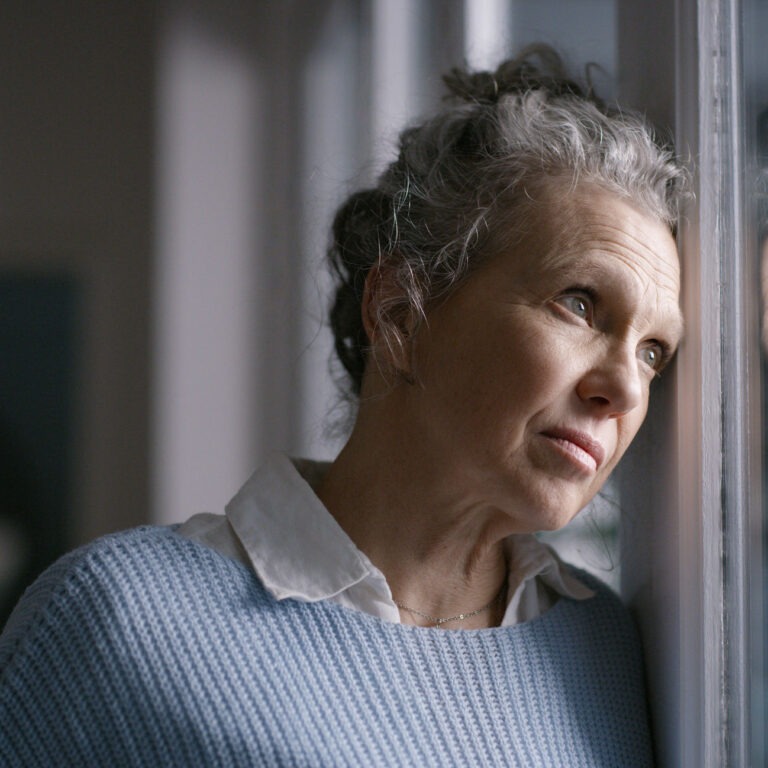
Depression
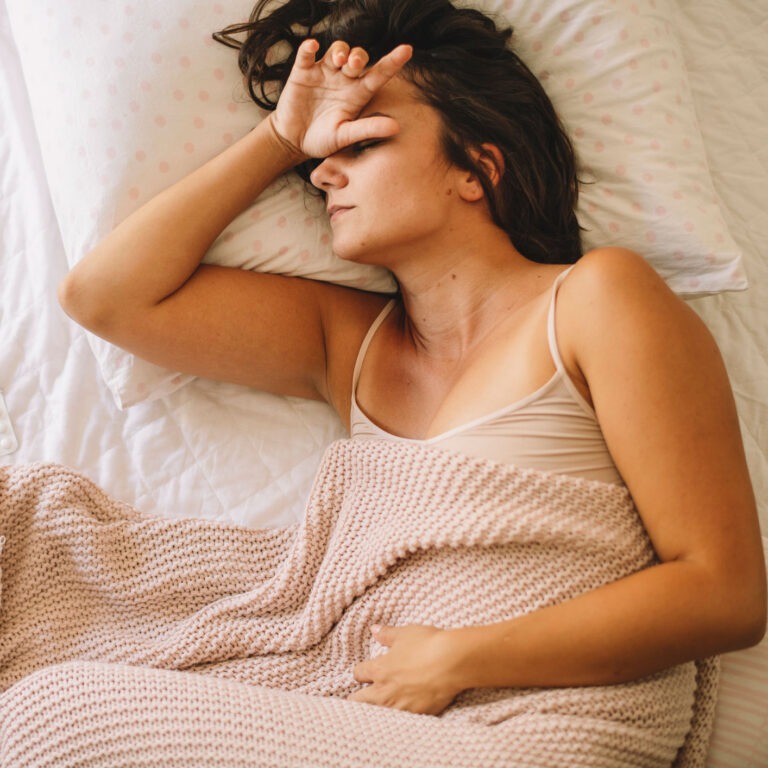
Night Sweats
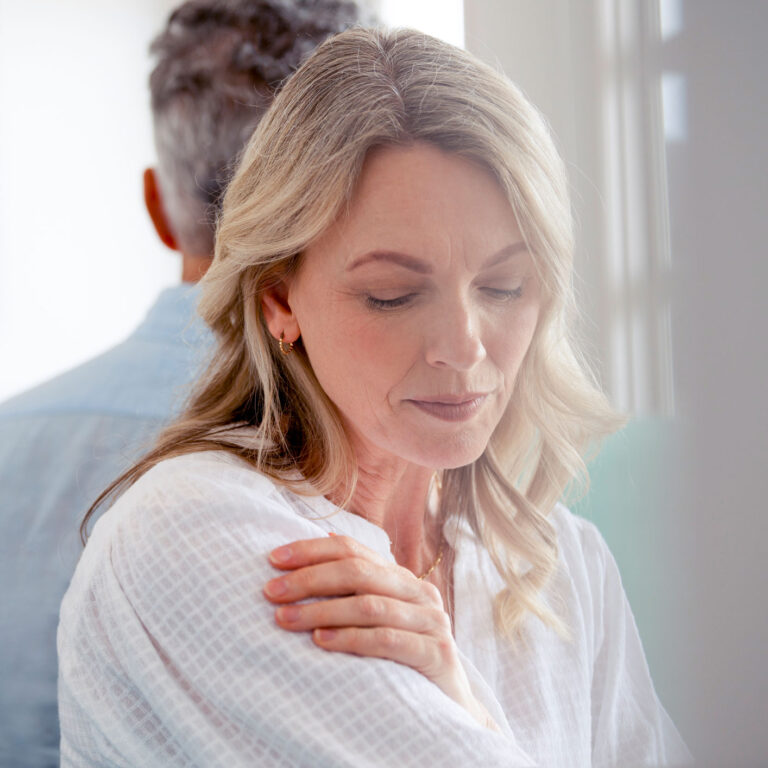
Low Libido







